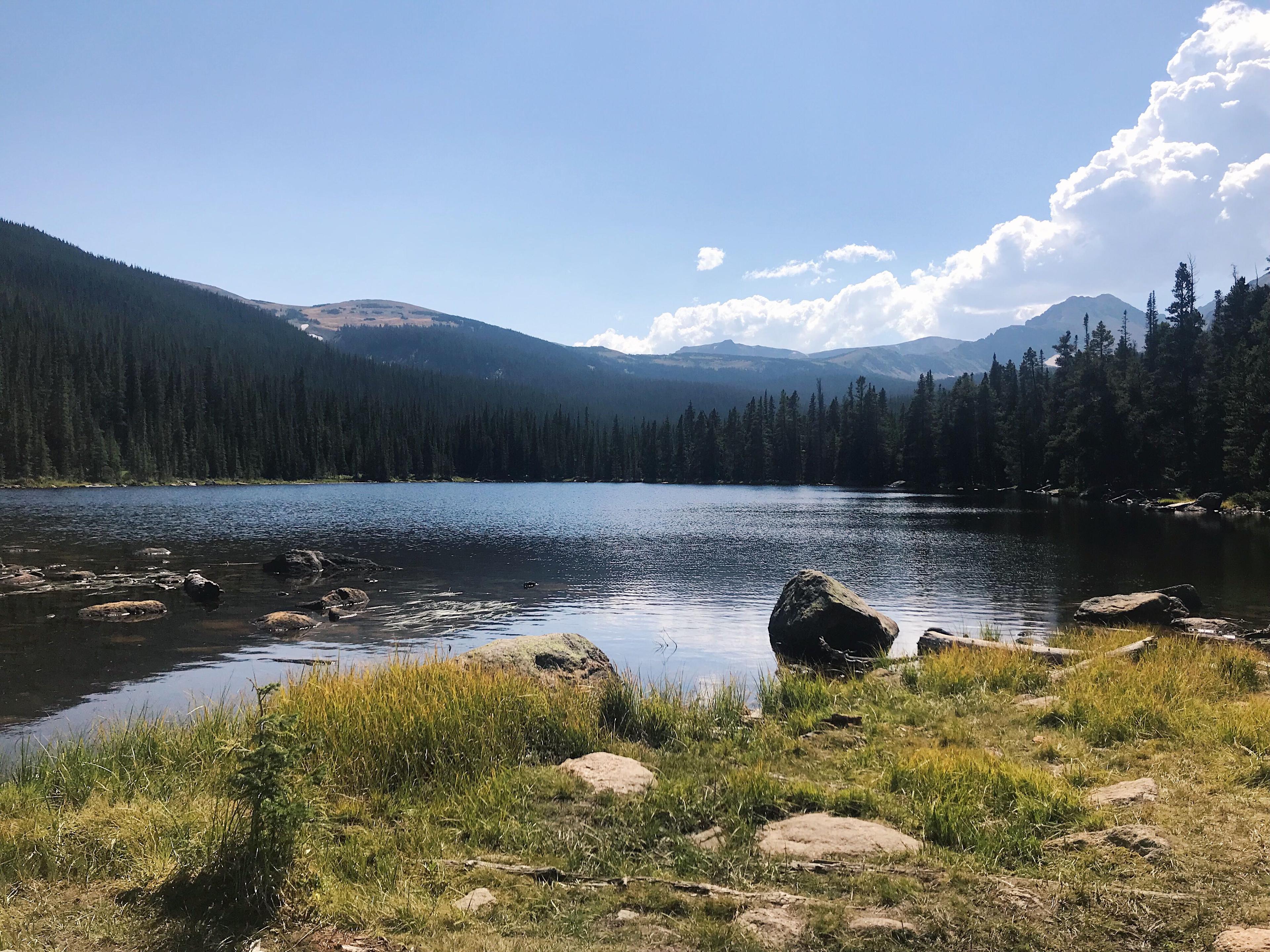
A landmark public lands package is on the precipice of clearing the Senate. The bill would help fix ailing National Parks and help states and local communities acquire land for new parks. Colorado Sen. Cory Gardner has gotten a lot of credit for getting the bill to the finish line.
The Great American Outdoors Act started out as two different bills, both alike in nature, and both of which were stymied in the legislative process. Republican Cory Gardner was a co-sponsor on both.
“I made a determination in talking to Sen. McConnell that if we put the two bills together, if we made this a combined effort, that we would find that sweet spot of inside and outside support and present a package that the House would have to pass,” Gardner explained.
The first bill, the Restore our Parks Act, would give $1.9 billion a year for 5 years to start chipping away at the more than $20 billion worth of maintenance backlogs at National Parks across the country. The second bill would fully and permanently fund the Land and Water Conservation Fund — used to buy and improve public land. The fund, which is supposed to get $900 million a year, has only been fully funded twice since it was established in 1964.
John Gale, conservation director for Backcountry Hunters and Anglers, a nonprofit public lands advocate, said you can't underestimate the significance of the combined bill.
“This may very well be the greatest conservation victory many of us will see in our professional careers,” he said.
In order to secure that victory, Gardner said they needed to lock up one vote in particular: “We all knew that without the president's support we wouldn't get the bill done.”
President Donald Trump had almost zeroed out the money for the LWCF in the budgets he’d submitted to congress in the past. In late February, Gardner went to the White House with Leader Mitch McConnell and Sen. Steve Daines of Montana to pitch the idea to the president and his team. Gardner recalled there were a lot of people in the room, including some of Trump’s advisors who had helped craft those budgets.
“And I remember talking about what the program is, both programs breaking it down in terms of what they did, how it was at no cost to the taxpayer, because it came from offshore oil and gas revenues and then handed him a picture of the Black Canyon of the Gunnison National Park. And his comment was, this is beautiful,” Gardner said.
Trump tweeted his support for the bill a couple of days later — thanking Gardner and Daines personally for his decision. The two Republicans face tough re-elections in November as McConnell tries to keep a Republican Senate majority.
A big public lands bill could help their chances. Voters like public lands said Aaron Weiss deputy director for the Center for Western Priorities, a nonpartisan conservation group.
“Protecting public lands and investing in our parks is popular,” he said. “It’s popular with Democrats, Republicans and independents. We’ve seen this time and time again in polling.”
That was also reflected in the Senate.
Colorado Democratic Sen. Michael Bennet and Republican Sen. Lindsey Graham are among the bill’s 60 co-sponsors. West Virginia Democrat Sen. Joe Manchin, who introduced the LWCF bill in 2019 said the measure had strong bipartisan support.
“We had 59 co-sponsors, and it was truly bipartisan — 46 Democrats and 13 Republicans — doesn’t happen that much in this legislative process we have,” Manchin said.
Even with the cross-aisle love, the bill ended up stuck in limbo for months as Congress, like much of the country, dealt with the coronavirus. Just before Memorial Day, Gardner threatened to block the Senate recess unless the chamber got to work on coronavirus relief. That didn’t happen, but he did get a promise from McConnell to bring the Great American Outdoors Act to the floor for a vote.
At a time where millions are unemployed, Gardner stressed, this bill will lead to jobs.
“This is an economic and jobs package as much as it is a conservation package. For every $1 million, for every $1 million we spend in the land and water conservation fund, it supports between 16 and 30 jobs,” he said.
And fixing the National Parks could create as many as 100,000 jobs.
From Conservation Colorado to the Western Energy Alliance, the bill enjoys diverse support outside of Congress. Where there has been some disagreement has been within the Republican caucus. The CBO estimates over $17 billion will be added to the deficit over 10 years.
There has also been frustration with the amendment process — or the lack thereof. Louisiana GOP Sen. Bill Cassidy wanted an amendment to allow coastal states to get more money from oil and gas drilled off their shores for coastal resiliency.
“We should spend money, not just on parks where people vacation, but to protect people, to protect their lives, to protect their communities where they live,” he said on the Senate floor.
That McConnell will bring a bill to the floor that will divide his caucus hints at the greater political calculations as play.
Those fighting for LWCF and public lands are happy to see the bill pass, regardless of the political implications. And Gardner downplays the political aspects.
“Well, I think this is a big win for Colorado and the country,” he said.
The win is still not guaranteed. The bill still needs to pass the House before President Trump can make good on his tweeted promise of a signature. That chamber isn’t due back until later in June.
If the bill is signed into law, Gardner said, then he’ll celebrate — at Rocky Mountain National Park.









